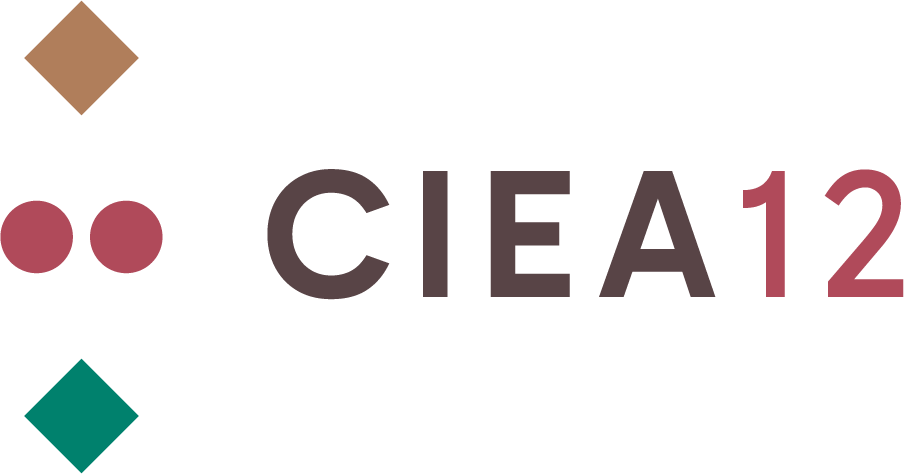Between the 1960s and early 1970s, American-born ethnomusicologist Jean Jenkins made several trips across Ethiopia to capture the diversity of the country's musical heritage. While selections of her sound recordings were published shortly after her trips, the majority of them have remained largely inaccessible to custodial communities and the public for over 50 years. Additionally, they faced significant criticism for lacking contextual information and accurate details, a challenge common to many sound collections made in Africa.
Today Jenkins’ sound recordings from Ethiopia are the focus of a reactivation project at the National Museum of Scotland, where the collection is housed. The project seeks to bring Ethiopian voices back to the forefront by developing participatory initiatives and fostering new creative engagements with these historical sound recordings at a local and diaspora level. What new insights can these recordings provide into Ethiopian cultural heritage from the perspective of the Ethiopian diaspora living in the UK? Moreover, can these sound objects foster new forms of resilience within this context?
In this paper, I outline the objectives and initial challenges of this project, which is still in its early stages. I demonstrate how this initiative serves as a powerful case study for examining the limitations and opportunities in current research on historical African sound archives and the role of diasporic networks in decolonizing them. Although Jenkins' Ethiopian collection cannot be directly considered a product of colonialism, its nature and location evoke dynamics similar to colonial archives, warranting further attention. By addressing these complexities and engaging with the Ethiopian diaspora, this project advocates for more inclusive and participatory methods in the study and dissemination of African sound archives. Ultimately, it reveals the potential of such collections not only as historical documents but as living resources that foster cultural resilience and contribute to decolonize heritage knowledge.



